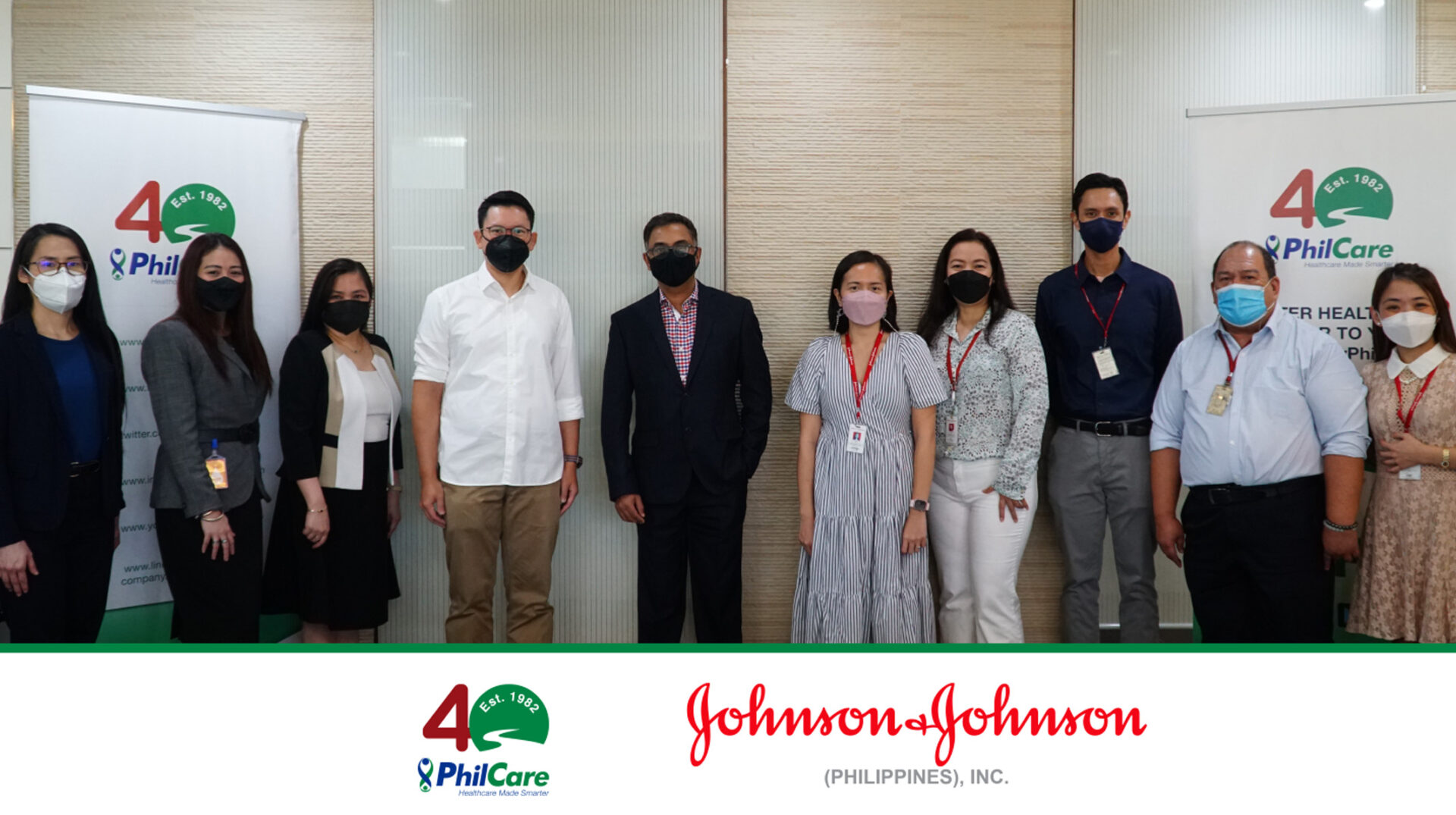Due to the increasing number of mental health cases in the Philippines, health and personal care providers PhilCare and Johnson & Johnson Philippines, Inc. collaborate to make psychological first aid accessible to more Filipinos.
A recent study by the Department of Health indicates that around 3.6 million Filipinos found themselves battling mental disorders during the pandemic.
PFA is about comforting someone who might be in distress and helping them feel safe and calm by applying three basic action principles — look, listen, and link.
To look is to assess the situation of the individual seeking help; to listen is to pay active attention to what they’re experiencing and helping them find solutions to their problem; and to link is to address their basic needs like food, water, and medicine, or to connect them to loved ones or social support when needed.
Empowering patients and helpers
“Learning PFA and understanding reactions to crises empowers all of us as helpers,” said Dr. Edgardo Juan Tolentino, former president of the Philippine Psychiatric Association, during the recently held online forum Let’s Talk About Psychological First Aid organized by PhilCare and JJPI.
“PFA is not anything far from physical first aid where you put a bandaid on the shallow wound of an individual, but if the wound is deeper and you can’t control the bleeding, you may have to call the ambulance or bring the person to the ER,” Dr. Tolentino said.
Through this joint effort, PFA training, facilitated by JJPI, will be incorporated into PhilCare’s Mindscapes program for mental wellness. This will allow PhilCare’s mental health professionals to use PFA to treat their patients battling anxiety and depression brought on by the pandemic, economic uncertainties, or personal issues.
Mindscapes provide customizable and scalable programs to companies that wish to support their employees’ mental wellness journey. PhilCare also created three prepaid plans to make mental health counseling accessible and affordable to Filipinos.
The PFA that PhilCare and JJPI have adopted is the version that the International Red Cross has been using since March 2020. It explicitly targets concerns arising from the Covid-19 pandemic and is more of an evidence-informed intervention.
More than an effort to enhance its well-rounded mental health and wellness initiatives, the collaboration is also part of PhilCare’s 40th-anniversary celebration. It signifies the HMO trailblazer’s continuous journey to improve Filipinos’ lives through new and innovative healthcare products and services.
Bring back control
“If we can put a theme to the pandemic, it would be ‘we have lost control.’” Dr. Tolentino noted. “When it began in 2020, our days were predictable. We have a schedule. Then suddenly, we find ourselves confined in our homes, with no schedule.”
“The idea is to bring back control by supporting good personal choices. Draw people out by asking them, ‘What did you do to help yourself during this time,’ then pick up their positive coping mechanism,” he added.
Dr. Tolentino pointed out that just being by the side of someone going through a crisis, encouraging their existing coping skills, and not pressing them to give details of their ordeal is already practicing PFA.
PFA can be helpful to people coping with everyday stress and challenges. These people could include healthcare workers and social welfare responders, Covid-19 survivors, families who just lost a loved one, older adults who feel alone, and those with vulnerabilities like mental health and substance abuse problems.
“The goal of PFA is to provide safety, calm and comfort, and connectedness to a person. As well as to promote self-empowerment by giving them back their sense of control,” Dr. Tolentino said.
